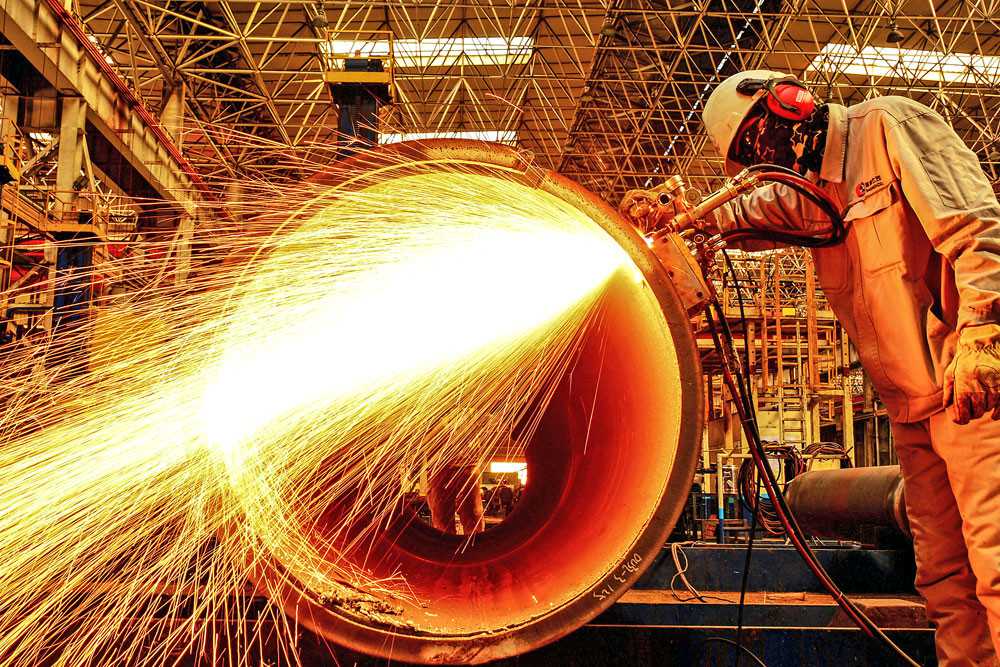Pandemic slams Asia's factories, activity hits financial-crisis lows
05 May, 2020

Asia's factory activity was ravaged in April, business surveys showed on Monday, and the outlook dimmed further as government restrictions on movement to support the coronavirus outbreak froze global production and slashed demand.
A number of Purchasing Managers' Indexes (PMIs) from IHS Markit fell deeper into contraction from March, with some diving to all-time lows and others hitting levels last seen through the 2008-2009 global financial crisis.
Similar gauges out of Europe's greatest economies due on Monday and later in the week are also expected to show dire global industry conditions.
The PMI for South Korea, Asia's fourth-largest economy and a worldwide manufacturing powerhouse, skidded to 41.6 in April, the cheapest reading since January 2009. Japan's PMI released the other day similarly fell to an 11-year low.
"The bad news is that the hit to industry in many places is unlikely to be passed the worst," Alex Holmes, Asia Economist at Capital Economics, wrote in an email.
"Global demand has slumped and we don’t think it has bottomed out yet. The most recent incoming data for the U.S. and Western Europe indicate an unprecedented slump in demand. Even though China's economy has started to recover, demand there remains very weak."
Last week, China's official PMI showed factory activity still growing in April, albeit more slowly than March, while the private-sector Caixin PMI showed a dip into contraction, although at a much gentler pace compared to the remaining world. Significantly, exporters in both surveys were jolted by steep falls in orders.
While China is apparently before others in emerging from the monetary paralysis inflicted by the pandemic, any recovery is expected to be gradual and unlikely to turn up an instantaneous resurgence in global demand.
The PMI for Taiwan, a significant producer of high-end technology components, fell to 42.2, its lowest since 2009 and down from an expansionary 50.4 in March.
The declines in South Korea's and Taiwan's PMIs showed contractions that were less extreme than those observed in other economies in the region, with indicators in Malaysia, Indonesia and Vietnam all reporting plunges to record lows.
Capital Economics' Holmes said while South Korea and Taiwan organized much better than their Southeast Asian counterparts, thanks mostly to effective government policies to contain the virus, conditions have however worsened.
Official data released last week showed the coronavirus sent South Korean exports plunging in April at their sharpest pace because the global financial crisis.
South Korean tech giant Samsung Electronics Co Ltd the other day said it expected profits to decline in today's quarter due to a slump in sales.
It said that while work-from-home orders and growth in online learning would underpin demand for memory chips, the outlook for smartphones and TVs was bleak as consumers put off discretionary spending.
The production slump is of particular concern to policymakers, who come to mind about the socially destabilizing effects of massive unemployment as firms in both factory and service sectors slash headcount.
A private-sector survey in Australia on Monday showed job advertisements plunging an archive 53.1% in April, a decline that was almost five times bigger than the previous record of 11.3% in January 2009.
Source: www.thejakartapost.com
TAG(s):
